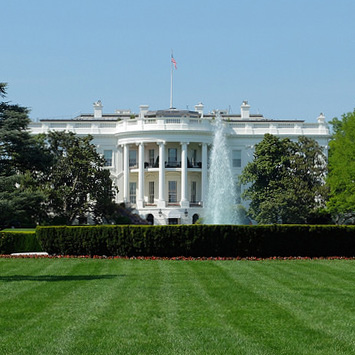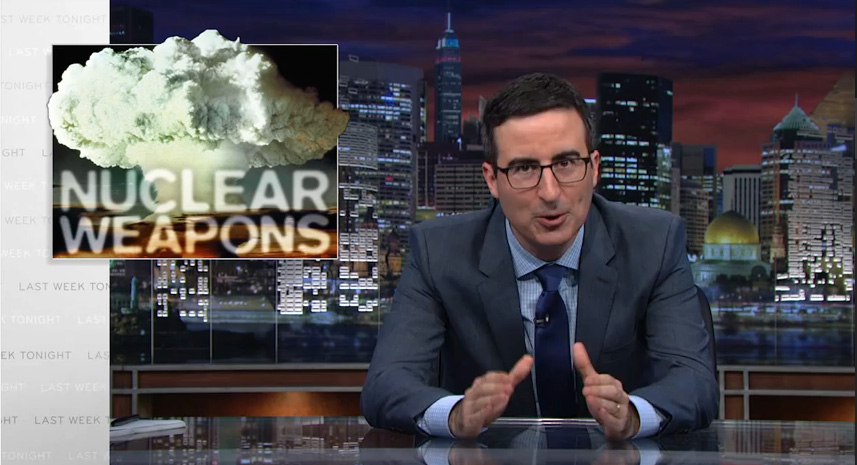The Staying Power of Vinyl… And Nukes
Tomorrow, April 19, marks the eighth consecutive international Record Store Day, a tribute to the over 1000 independently-owned businesses that continue to sell good ole phonograph discs. In an age of instant downloading and the digital revolution, the world is making an effort to revive a unique technology of the past. At the same time, the topic of many vinyl records, nuclear weapons, is being forgotten.
People clearly refuse to believe that vinyl records will ever be obsolete. The world is hanging on to a musical experience of the past because there is an additive, entertaining value to them that people prefer over mainstream alternatives. Contrast this with another technology of the early 20th century, nuclear weapons. Nukes are becoming an increasing liability, yet we're unable to consign them to the pages of history.
The world dug a grave for record manufacturing in 1991, the same year that the Cold War ended. While some argue for vinyl’s better sound quality or prefer the record store experience over an iTunes download, nuclear weapons arguably serve no purpose within the American security strategy—and haven’t for 25 years. Buying records these days might even burn a hole in your pocket, with some of the more popular vinyls flying off the shelves at $30 a piece. But even if you bought two records in a year, you’d spend less than you do in taxes toward building and maintaining the nuclear stockpile.
While dusting off memories of old records, we relived the times of great singers and songwriters who spoke out against nuclear weapons. From more contemporary artists like Sting, Blondie and U2, to records way back in the archives, like Tom Lehrer and Jackie Doll and His Pickled Peppers. We can’t help but confess our nostalgia for the days of vinyl records and especially, the days when mainstream musicians protested against global destruction.
It’s time that these voices, along with vinyl records, reenter into the dominant musical culture once again. Some things—like vinyl, flared jeans, and tie-dye—should be able to reappear throughout time, but some things—like nuclear weapons--truly should belong in the past.
Want to share our trip down memory lane? Check out our Nuclear Notes playlist on YouTube, with a special thanks to our staff, grantees and friends for their expert music selections.



